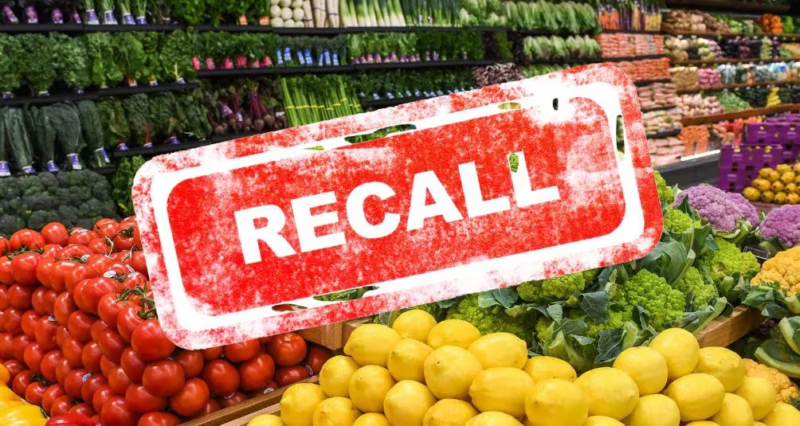Latest entries to the dictionary

“The ick” and “boop” are among more than 3,200 new words and phrases added to the Cambridge Dictionary in 2024. The latest to gain prominence in recent years – are expected to be more than a fleeting part of the English language. Wendalyn Nichols, Cambridge Dictionary’s publishing manager, said that while language is constantly evolving, these new additions have “staying power”.
The dictionary defines “the ick”, popularized by the reality show Love Island, as “a sudden feeling that you dislike someone or something or are no longer attracted to someone because of something they do”. It describes “boop” as “a gentle hit or touch” on the nose or head as a joke or to indicate affection.
Meanwhile Dictionary.com states, “The intersection of language, learning, and culture is boundless, and we recognize that words have the power to shape thoughts, bridge gaps, and reflect our ever-evolving society,” John Kelly, vice president of editorial at Dictionary.com, said in a press statement. “Our semi-annual New Words announcement is meant to support a greater understanding of where language is, where it might go next—and why the constantly expanding universe of words matters for our everyday lives.”
A list of some of the latest words/phrases
- Bed rotting: noun. The practice of spending many hours in bed during the day, often with snacks or an electronic device, as a voluntary retreat from activity or stress.
- Girl dinner: noun. An often attractively presented collection of snacks that involve little preparation, such as small quantities of cold cuts, cheese, fruit, cherry tomatoes, etc., deemed sufficient to constitute a meal for one.
- Bussin’: adjective. Great; wonderful; amazing.
- Slow fashion: noun. A movement among clothing producers and consumers that emphasizes eco-friendly, well-made clothing, maintenance and repair of garments to extend their lifespan, and a general reduction of one’s consumption of new clothing items.
- Greedflation: noun. a rise in prices, rents, or the like, that is not due to market pressure or any other factor organic to the economy but is caused by corporate executives or boards of directors, property owners, etc., solely to increase profits that are already healthy or excessive.
- Global boiling: noun. A nonscientific term used to emphasize the trend toward and severity of extreme heat events, especially in regard to public health.
Can you keep up?



Leave a Reply